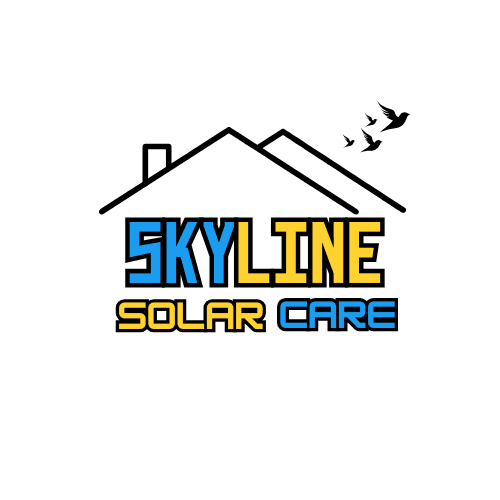How Seasonal Changes in Florida Affect Your Solar Panels
Understanding Florida's Climate
Florida, known as the Sunshine State, offers an abundance of sunlight, making it an ideal location for solar energy systems. However, the state is also subject to significant seasonal changes that can impact the efficiency and maintenance of solar panels. Understanding these changes is crucial for homeowners and businesses looking to maximize their solar investments.

Summer: Peak Sunlight and High Temperatures
During the summer months, Florida experiences extended daylight hours and high temperatures. This period is when solar panels typically operate at their peak efficiency, generating the most energy due to the prolonged exposure to sunlight. However, extreme heat can potentially reduce the efficiency of solar panels. It's important to ensure that your solar system is well-ventilated and that panels are not overheating.
Regular maintenance checks during the summer can help identify any issues caused by high temperatures. Cleaning the panels to remove dust and debris will also ensure maximum sunlight absorption. Additionally, having a professional inspect your system can prevent heat-related wear and tear.
Fall: Storm Season Considerations
As fall approaches, Florida enters its hurricane season, which can present challenges for solar panel systems. While most modern solar panels are designed to withstand strong winds, it is crucial to secure your panels properly and ensure they are in good condition before hurricane season begins.

Homeowners should also consider installing a battery storage system to store excess power generated during sunny days. This stored energy can be particularly useful during power outages caused by storms, ensuring a consistent energy supply when the grid is down.
Winter: Shorter Days and Maintenance Opportunities
Winter in Florida brings shorter days and slightly cooler temperatures. Although the decrease in daylight hours means less overall sunlight, the cooler weather can improve the efficiency of solar panels, as they tend to perform better in moderate temperatures compared to extreme heat.
This season is an excellent time to perform comprehensive maintenance on your solar system. Inspecting and cleaning the panels ensures they are free from dirt, leaves, and other debris that might have accumulated during fall storms. Additionally, checking for any damage or wear from previous weather conditions can help maintain optimal performance.

Spring: Preparing for Increased Solar Gain
Spring marks a transition period where daylight gradually increases, providing more opportunities for solar energy generation. This season often brings more rain, which can naturally clean your panels from dust and debris. However, it's still essential to perform regular checks to ensure everything is functioning correctly.
Consider upgrading your system in springtime if you are planning any expansions or enhancements to your solar setup. With longer days on the horizon, it's the perfect time to optimize your system for peak performance throughout summer.
Conclusion
Understanding how seasonal changes in Florida affect your solar panels is vital for maintaining their efficiency and longevity. By taking proactive steps such as regular maintenance and preparing for seasonal variations, you can ensure that your solar energy system continues to provide sustainable power throughout the year. Whether facing the intense summer sun or preparing for unpredictable storm seasons, being informed and prepared is key to maximizing your solar investment in Florida.
